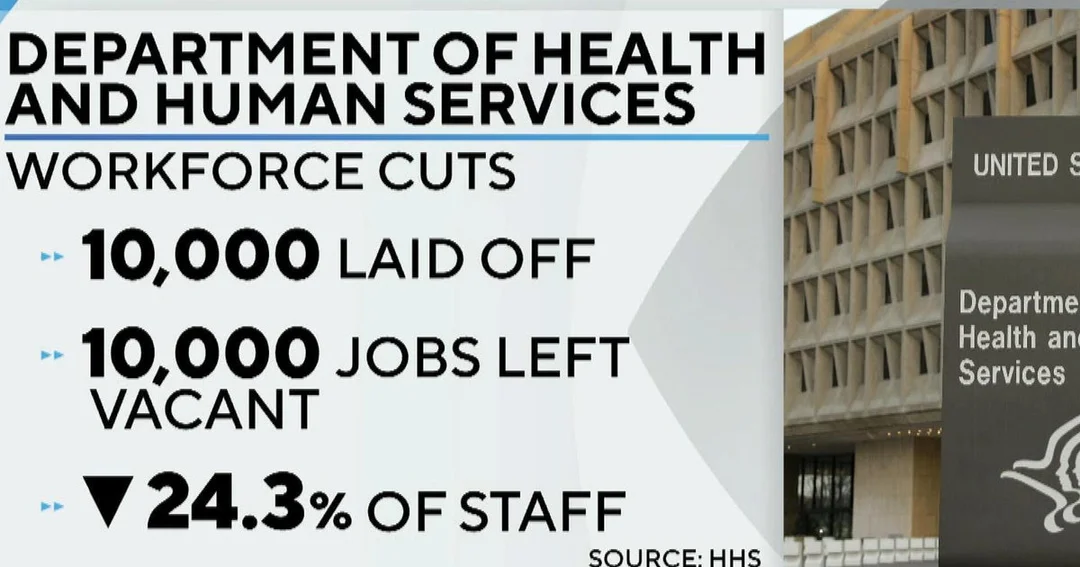
RFK Jr.’s HHS Restructuring Plan Sparks Controversy
Robert F. Kennedy Jr.'s proposed restructuring of the Department of Health and Human Services (HHS) has ignited a firestorm of debate across the United States. The plan, which aims to centralize power within HHS, includes significant layoffs and a reorganization that critics argue could undermine public health initiatives. In Arizona, the proposal has been met with fierce opposition, with local commentators labeling it as potentially detrimental to state-specific health programs.
Part of the restructuring involves the dissolution of offices dedicated to vaccine promotion and HIV prevention, a move that has alarmed public health advocates. Sources close to the matter have revealed that these changes could lead to a significant reduction in resources allocated to these critical areas. Meanwhile, HHS employees who have accepted separation incentives are reportedly still awaiting promised administrative leave, adding to the tension surrounding the proposed changes.
The controversy extends beyond policy implications, touching on the broader debate about the role of federal agencies in public health. As the plan moves forward, it remains to be seen how it will be received by Congress and the public, and what impact it will have on the nation's health infrastructure.
Related issues news
How many employees are in HHS?
That puts the total employees at around 62,000 people -- down from 82,000 at the start of the Trump administration. The agency oversees the Food and Drug Administration, the Centers for Disease Control and Prevention, the Centers for Medicare and Medicaid Services -- among other divisions.
Is the CDC part of HHS?
HHS oversees 13 agencies, including the CDC, the Food and Drug Administration and the National Institutes of Health. HHS said Thursday that 28 divisions in the health department contain “redundant units,” and that the restructuring plan will consolidate them into 15 divisions.
What does HHS do?
The department's functions include managing national health programs like Medicare and Medicaid, advancing medical research, ensuring food and drug safety, and promoting health equity for all individuals.